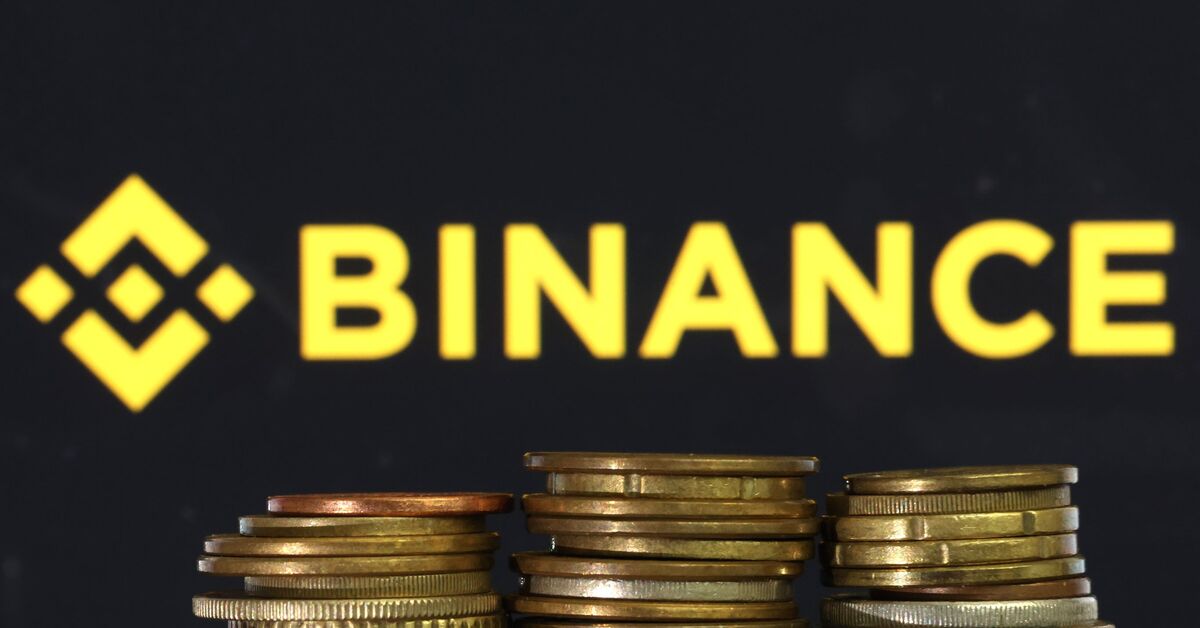The renowned cryptocurrency exchange Binance revealed on Thursday that it had obtained a virtual asset service provider (VASP) license from the regulatory body in Dubai, marking a significant advancement for both the company and the burgeoning crypto industry in the United Arab Emirates.
Binance FZE, the Dubai-based subsidiary of the company, announced that it had been awarded the VASP license by the Virtual Assets Regulatory Authority (VARA) of the Emirate. Describing this achievement as a “major milestone for Binance and the global virtual asset sector,” the subsidiary emphasized the importance of this regulatory approval.
Implications of the License: This VASP license empowers Binance to expand its range of virtual asset services to a wider customer base. Previously, the company operated in Dubai under a minimum viable product (MVP) license, which was obtained in July of the preceding year.
The MVP license permitted firms to offer virtual asset exchange and broker-dealer services exclusively to “qualified and institutional investors.” VARA defines a qualified investor as an individual or entity possessing AED 500,000 ($136,000) in cash along with relevant expertise in virtual assets. Institutional investors encompass entities regulated by a competent financial services regulator, other virtual asset service providers, and governments with substantial knowledge of virtual assets, as outlined on the authority’s website.
With the VASP license secured, Binance is now authorized to cater to “retail investors,” a category that includes entities not meeting the criteria of qualified or institutional investors. Consequently, Binance can now extend its services to individual investors in Dubai falling outside the previously specified classifications.
According to VARA’s recent update, Binance is sanctioned to serve Institutional Investors, Qualified Investors, and Retail Investors.
Significance of the Development: Binance joins a growing cohort of companies holding VASP licenses in Dubai. Competitor CoinMENA, based in Bahrain, acquired a license for broker-dealer services in November, whereas Crypto.com finalized its license earlier this month. Meanwhile, some entities like BitOasis continue to operate under the MVP license, based on VARA’s public records.
The UAE’s strategy to attract cryptocurrency firms aligns with its economic diversification goals, showing promising results. In 2023, VARA issued a total of 19 VASP licenses, navigating challenges posed by the cryptocurrency market fluctuations and the aftermath of FTX’s collapse the previous year. Samuel Wendel highlighted in a memo for Al-Monitor PRO that competition from other jurisdictions aspiring to become crypto hubs, such as Bermuda, and stringent global regulations could present future hurdles for the UAE.
Binance has encountered notable obstacles recently, notably with company founder and former CEO Changpeng Zhao admitting guilt in a US federal court for violating anti-money laundering laws. The sentencing hearing, initially scheduled for February, has been postponed to a later date this month.
Similarly, the UAE’s efforts to combat money laundering have come under scrutiny. Despite being placed on the Financial Action Task Force’s “grey list” of countries lacking sufficient anti-money laundering measures in 2022, the UAE was subsequently removed from the list in February.
Additional Insights: Bloomberg’s report highlighted that CZ agreed to relinquish his voting rights in Binance’s Dubai division to secure the VASP license. This decision stemmed from concerns among Emirati officials regarding potential conflicts with CZ’s agreement with US authorities, where he committed to stepping down as CEO, given that CZ resides in Dubai and holds Emirati citizenship.

